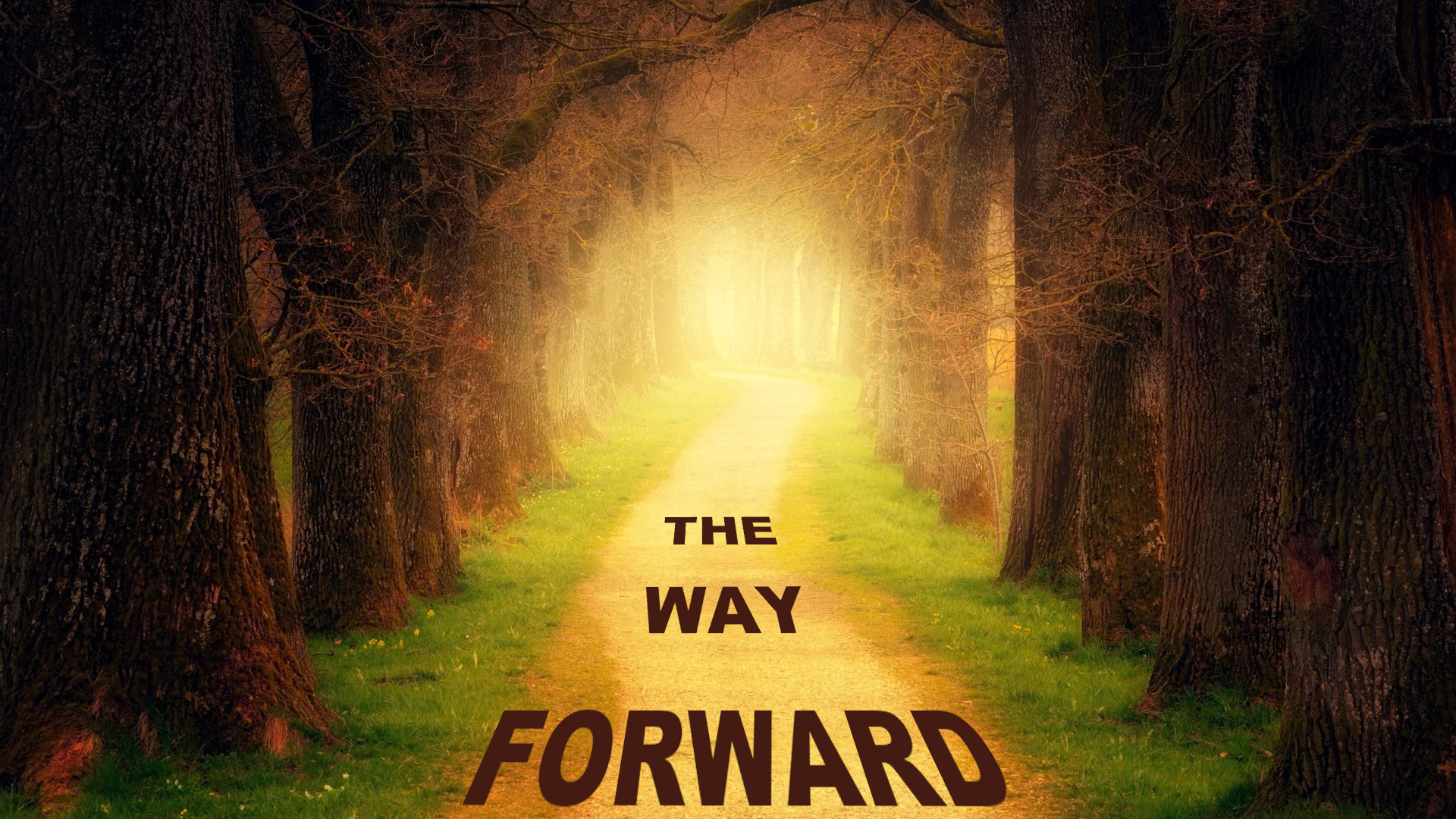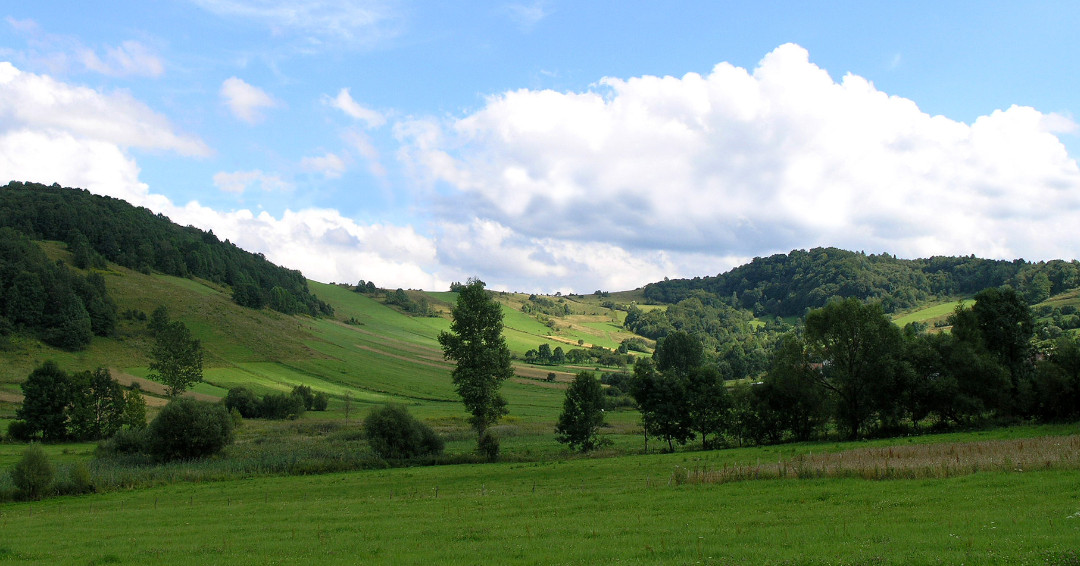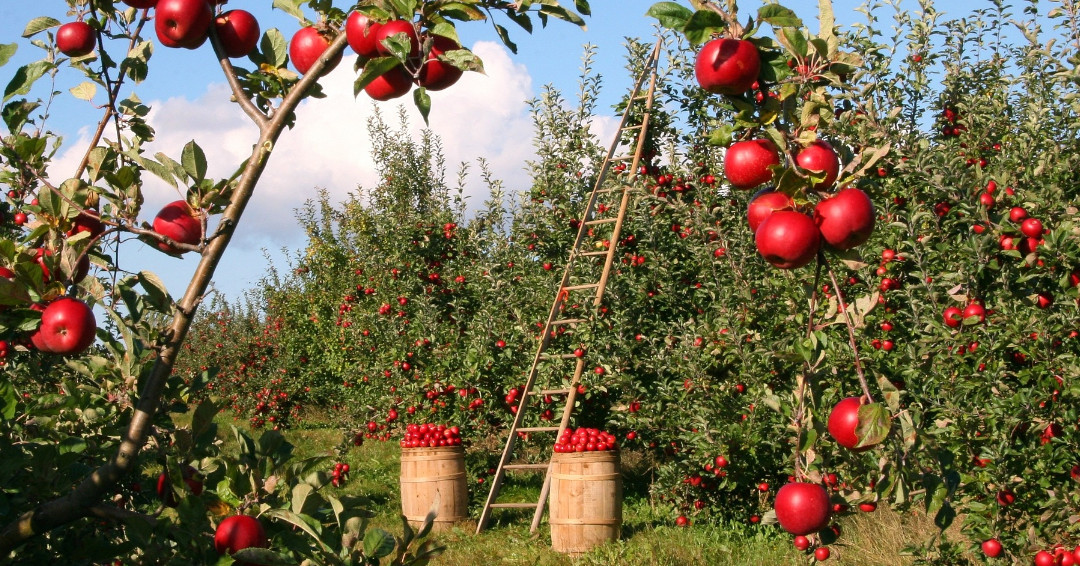MORE ALTERNATIVES
Catherine Austin Fitts and the Solari Report team have proven that the centralization of all financial and other assets ― the system known as globalism ― decreases productivity and overall wealth while it increases environmental damage and overall harm to HUmanity. Its ultimate purpose, as shown by the World Economic Forum’s “Great Reset” intentions, is absolute ownership of everything by a handful of corporations and the individuals that control them.
On the other hand, the Solari Report team shows that decentralization of financial power produces the exact opposite effect: increased productivity, health, and wealth.

Thinking big by thinking small
The proposal is a simple one laid out in detail in the Ringing Cedars of Russia series of books by Vladimir Megré and specifically in the eighth book, entitled The New Civilisation. The proposal: the creation of kin’s domains, also called Motherlands. In the Western world, they might be called homesteads.
Domain
All willing individuals and families are offered one hectare of land free of charge, such land being capable of providing a self-sufficient living: a home, healthful food year round, and the potential to grow or create other products. [A hectare comprising nothing but swamp or rock would not qualify as a domain. However, a larger parcel up to four hectares may be given domain status if at least one hectare of the property is capable of providing a self-sufficient living.]
Rights of Domain holder
The individuals and families have right of use of the land and all resources on, under, and over it and right to bequeath the land to future generations but not to sell the land under any conditions. [In particular, commercial enterprises including and not limited to corporations and other organizations including and not limited to religious organizations may not buy domain land.]
Benefit to Domain holder
The produce grown on the domain and any other products made on the domain are not subject to any kind of tax. [More on that below.]
The domain is home and the security that comes from self-sufficiency. It is also an opportunity for endless creativity. And it is a promise for the future: a home and livelihood for future generations.
Benefits to Society
Increase in productive use of land as individuals and families create their own miniature paradise.
High-quality food is made available to communities as the domain holders share or sell excess produce beyond their needs, produce that is grown with care.
Environmental
Significant improvement to the environment as those who are feeding themselves with the produce on their domain avoid poisonous chemicals and unnaturally altered species of plants that would harm both them and the soil and water.
Restoration of soil fertility as domain holders use natural means such as chop-and-drop methods and planting of nitrogen fixers to improve their harvests.
The planting of trees and shrubs improves precipitation patterns and restores balance.


Economic
Significant increase in wages and improvement in working conditions throughout the economy as companies now must give incentive to workers to remain employed rather than seek a domain of their own.
People who have adequate income avail themselves of products and services and thereby increase financial flow within the community and beyond.
Crime and the costs associated with it decrease when people have enough to live and thrive, not merely survive with difficulty.
Social
Substantial improvement in demographics as domain holders and well-paid workers can provide for a family and are therefore more inclined to have children than those who feel they have nothing to offer to any progeny. This would mitigate the effects of catastrophically declining birth rates that have impacted countries worldwide, and ensure survival of the HUman species.
Preparedness for defence improves when those who are expected to defend a country are given a piece of that country and thus a reason to defend the country and all its people. This includes law enforcers are given freely a domain near the community in which they serve and thus have a stake in the welfare of the community and region.

Adjustments in Society
Some may balk at the tax clause included in the domain proposal. But communities and societies can get along well with a great deal less when their revenues are not being siphoned to banks and other corporations that provide no benefit in return.
So, alongside those suggested on the Think Different page of this website, here are a few more ideas to try out:
Tax on land at a specific and fixed amount per acre, the amount prorated for parcels smaller than an acre. It has been suggested that a society can run on this tax alone.
No tax on bartered goods.
No tax on any foodstuffs, including preserves and other value-added products and including meals catered by restaurants.
No tax on any learning materials.
No tax on healthcare products and services.
Options:
Reduced land tax for non-corporate family farms and ranches operating in a manner consistent with permaculture values, including and not limited to not planting genetically modified species of plants and not husbanding genetically modified species of animals. Genetically modified is defined here as being altered in an unnatural way including and not limited to splicing animal or insect genes into plants, splicing genes of another animal species into any animal, and causing plants to be incapable of setting flower and seed.
No tax on family domain land.
More options:
No tax of any kind and instead user fees for specific services such as schools, and voluntary contributions of money, goods, and or services for community needs.
Assurance funds for specific services such as healthcare, comprising contributions of members who oversee and manage the fund and are entitled to receive financial aid from the fund in the event of need.
Sales tax up to 20% (twenty percent) of cost per acre on land sold to commercial enterprises including and not limited to agribusiness corporations, or sold to organizations of any kind including and not limited to religious organizations.
Tax up to 20% (twenty percent) on all luxury items including and not limited to distillery products, jewels, “designer” clothing, yachts, limousines, private airplanes, houses other than the primary home, artworks, and any other goods of high price and or of low value as an essential item.
Capital gains tax up to 20% (twenty percent) on sale of used luxury items only.
Voluntary tax for individuals up to 1% (one percent) of gross on income under a specified upper limit that does not discourage productivity.
Voluntary tax for businesses up to 2% (two percent) of gross on income under a specified upper limit that does not discourage productivity.
Sliding scale tax for individual, business, and organization income over a specified lower limit.
Sliding scale tax up to 100% (one hundred percent) of cost of mitigation, applied against individuals, businesses, and organizations responsible for pollution of the environment through toxic emissions; harm against peoples or regions by weapons including and not limited to nuclear, directed energy, chemical, and biological weapons; and or engineered events including and not limited to weather and or geological cataclysms.
Punitive ill-gotten gains tax up to 100% (one hundred percent) of all financial and other assets, as well as possible incarceration for a specified period of time, upon conviction of crimes against children and or other Crimes Against Humanity.
These are just a few of the ways a society can fund needed projects and services. What other ideas have you found or contemplated to improve how our world functions?